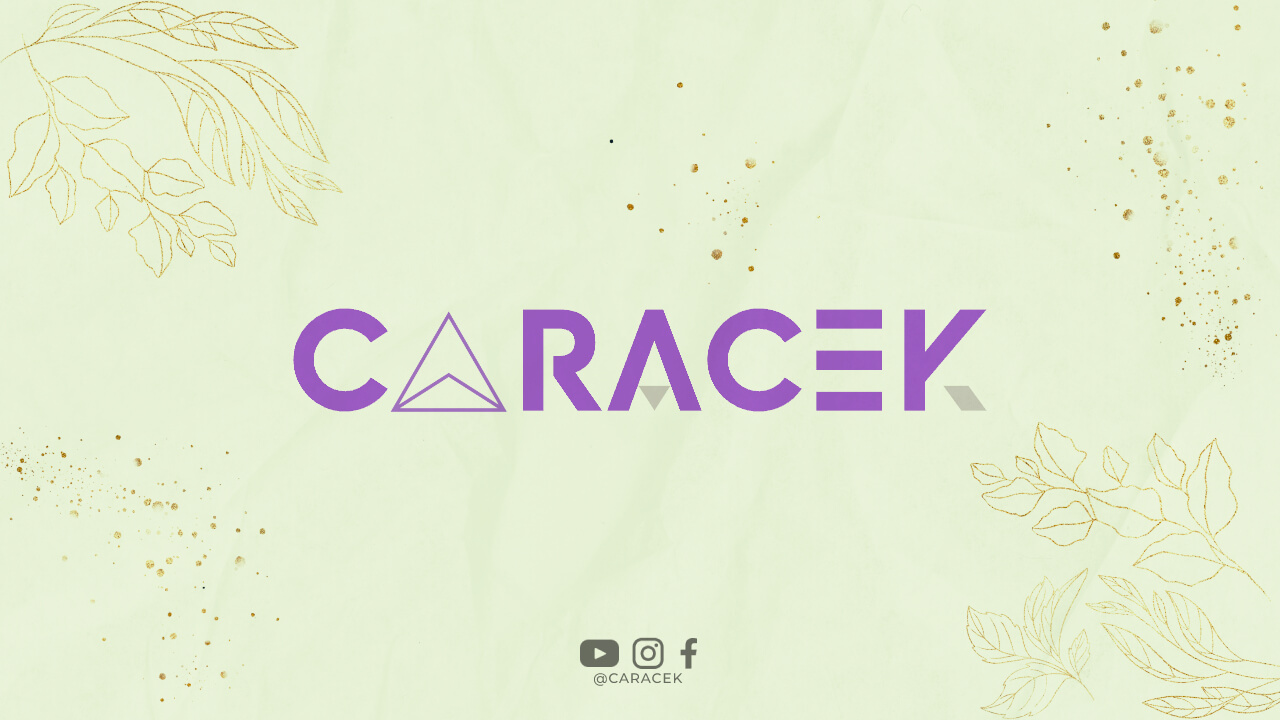Indonesia, with its rich natural resources, has always been a significant player in the global mining industry. To support this sector and ensure skilled manpower in the field, Politeknik Pertambangan was established. This institution plays a crucial role in training and producing highly competent professionals who contribute to the growth and development of the mining industry in Indonesia.
What is Politeknik Pertambangan?
Politeknik Pertambangan, or Mining Polytechnic in English, is an educational institution that specializes in providing technical education and training related to the mining industry. It offers a variety of programs and courses that equip students with the necessary knowledge and skills to succeed in this field.
History and Background
Politeknik Pertambangan was founded in [year] as a response to the increasing demand for skilled mining professionals in Indonesia. The institution was established under the Ministry of Energy and Mineral Resources and has since become a leading center for mining education in the country.
Over the years, Politeknik Pertambangan has evolved and expanded its programs to cater to the changing needs of the mining industry. It has developed partnerships with various mining companies and industry experts to ensure that its curriculum remains relevant and up-to-date.
Programs and Courses
Politeknik Pertambangan offers a wide range of programs and courses, catering to students with different interests and career goals. These programs are designed to provide both theoretical knowledge and hands-on training, ensuring that graduates are well-prepared for the challenges of the mining industry.
Some of the popular programs offered by Politeknik Pertambangan include:
1. Mining Engineering: This program focuses on the technical aspects of mining, including exploration, extraction, and processing of minerals. Students learn about various mining techniques, equipment operation, safety protocols, and environmental sustainability.
2. Geology and Geophysics: This program is designed for students interested in studying the Earth’s structure, rocks, and minerals. It covers topics such as geological mapping, mineral exploration, and geophysical surveying techniques.
3. Mineral Processing: This program focuses on the physical and chemical processes used to extract valuable minerals from ores. Students learn about different mineral processing techniques, including crushing, grinding, flotation, and smelting.
4. Environmental Engineering: This program combines principles of engineering and environmental science to address the challenges of sustainable mining. Students learn about waste management, water treatment, and environmental impact assessment.
5. Mine Safety: This program is dedicated to promoting safety and minimizing risks in mining operations. Students learn about safety regulations, hazard identification, emergency preparedness, and accident prevention.
Facilities and Resources
Politeknik Pertambangan is equipped with state-of-the-art facilities and resources to support the learning and training needs of its students. The institution has well-equipped laboratories, workshops, and simulation centers where students can gain practical experience in a controlled environment.
In addition to physical resources, Politeknik Pertambangan also provides access to a vast network of industry professionals and experts. Students have the opportunity to participate in industry visits, internships, and collaborative research projects, allowing them to apply their knowledge in real-world scenarios.
Career Opportunities
A degree from Politeknik Pertambangan opens up a wide range of career opportunities in the mining industry. Graduates can find employment in various sectors, including mining companies, engineering firms, consulting agencies, and government organizations.
Some of the potential job roles for Politeknik Pertambangan graduates include:
1. Mining Engineer: Responsible for planning and managing mining operations, ensuring efficient extraction of minerals while adhering to safety and environmental regulations.
2. Geologist: Involved in mineral exploration and mapping, analyzing geological data, and identifying potential mining sites.
3. Environmental Specialist: Focuses on assessing and mitigating the environmental impact of mining activities, implementing sustainable practices, and ensuring compliance with environmental regulations.
4. Mineral Processing Engineer: Involved in designing and optimizing mineral processing plants, ensuring efficient and cost-effective extraction of minerals.
5. Safety Officer: Responsible for promoting and enforcing safety protocols in mining operations, conducting risk assessments, and implementing safety training programs.
Conclusion
Politeknik Pertambangan plays a vital role in shaping the future of Indonesia’s mining industry. By providing high-quality education and training, the institution produces skilled professionals who contribute to the sustainable development of the sector. Graduates from Politeknik Pertambangan are well-prepared to tackle the challenges of the mining industry and drive innovation in this essential field.

